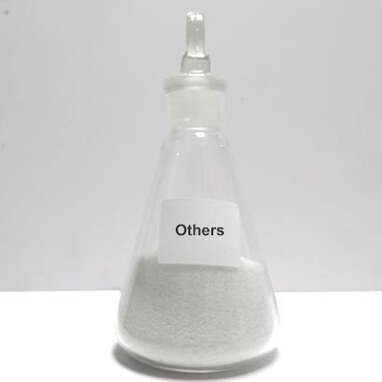In the sugar industry, efficiency is crucial. As someone deeply involved in this field, I understand how the quality of raw materials and the process conditions can affect overall production. One critical aspect often overlooked is the role of effective flocculation in enhancing the production process.
Drinking grade polyacrylamide is a water-soluble polymer commonly used as a flocculant in various industries. Specifically, in sugar production, its ability to improve bagasse settling and sugar solution clarity cannot be overstated.
When applied in the sugar extraction process, drinking grade polyacrylamide facilitates faster and more efficient bagasse separation from the sugar juice. This not only accelerates the settling process by up to 30%, but it also enhances the purity of the final sugar extract. These factors lead directly to an increase in production capacity for sugar mills.
The adoption of this flocculant has shown results in improved operational efficiency by reducing costs associated with waste management and processing times. According to recent studies, mills that have implemented this technology report up to a 20% decrease in overall operational costs.
In conclusion, utilizing drinking grade polyacrylamide in sugar production is a game-changer. By improving bagasse settling and enhancing the clarity of sugar solutions, it provides a tangible means for mills to elevate their efficiency. As we advance in our practices, integrating such innovations will be key to sustaining competitiveness in the sugar industry.

